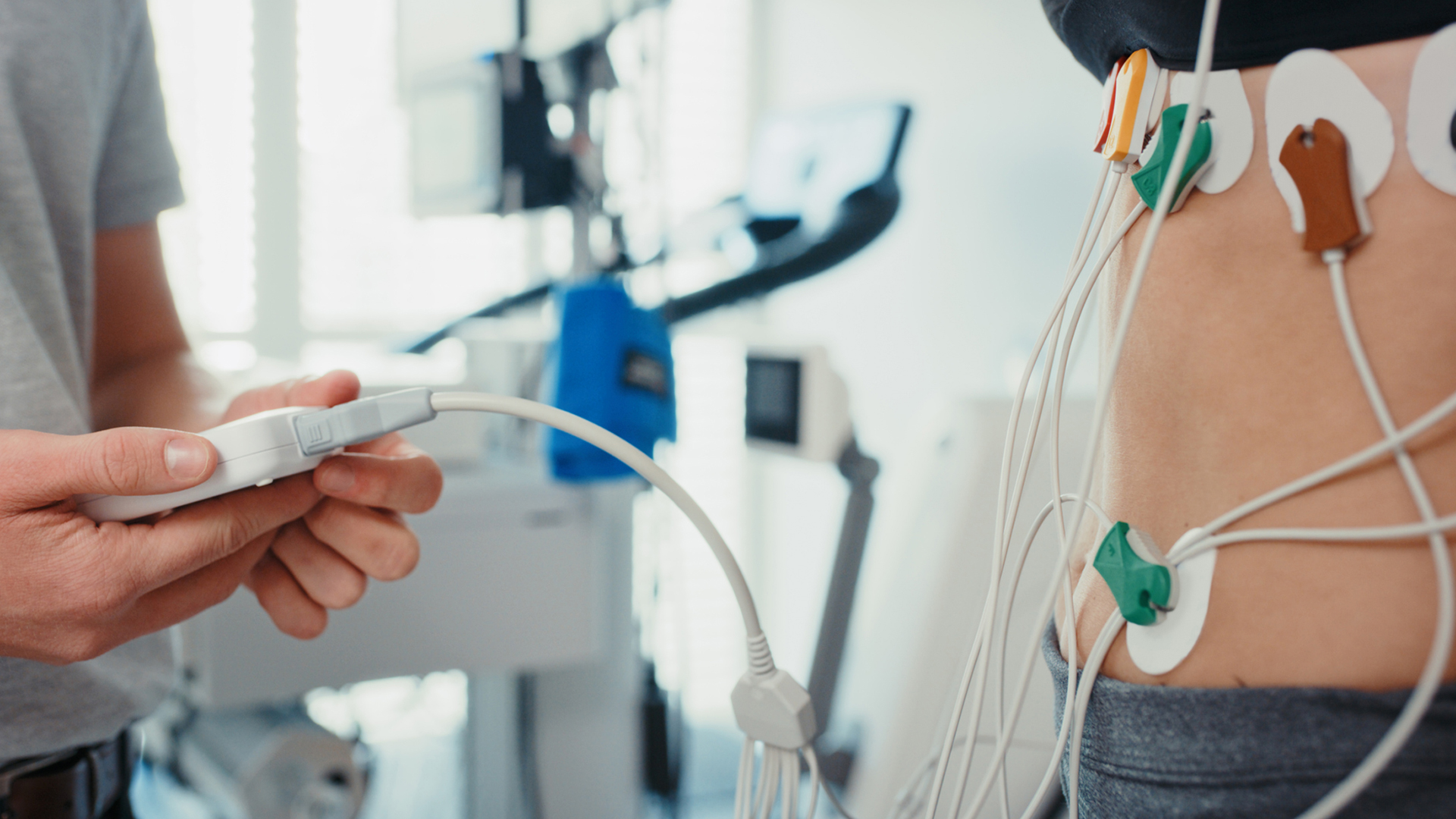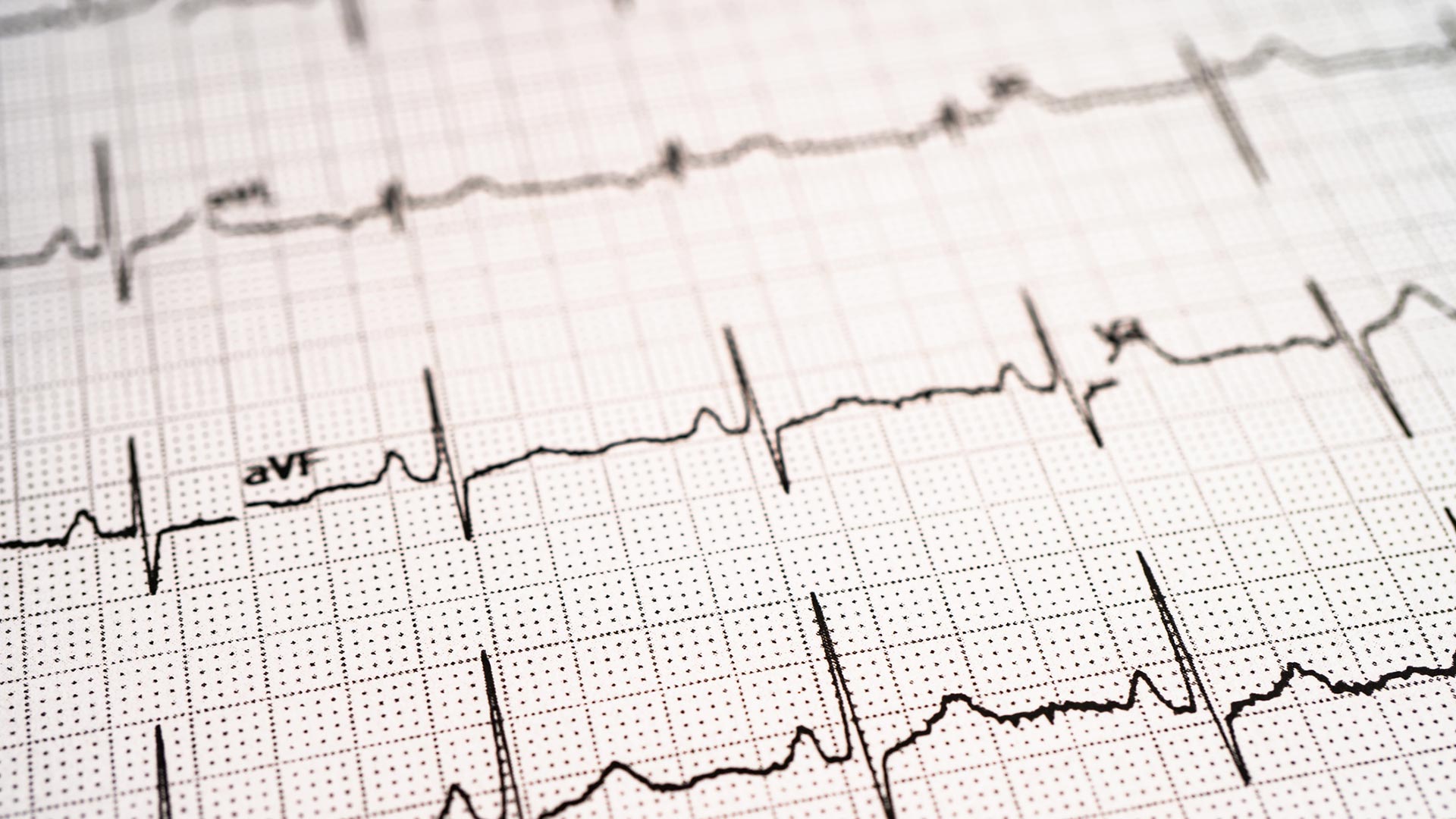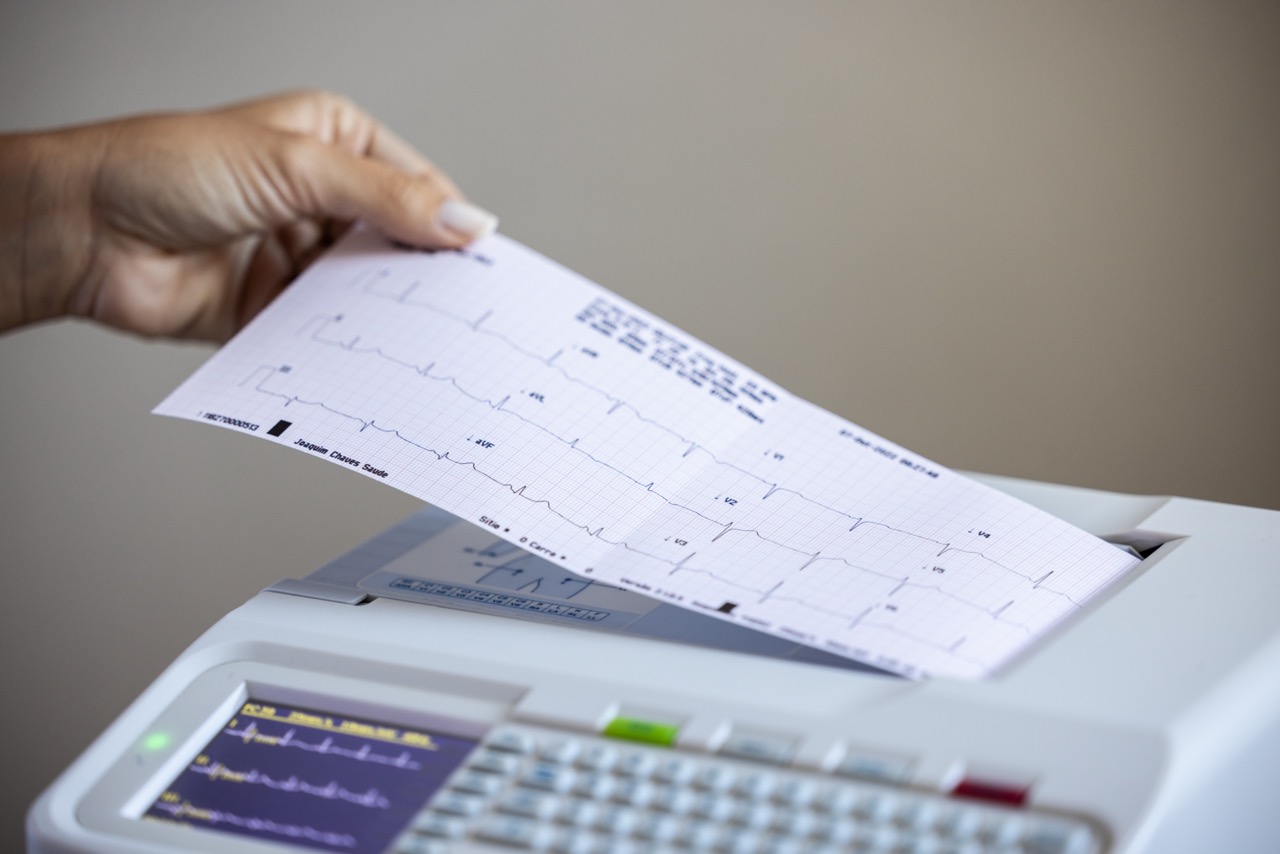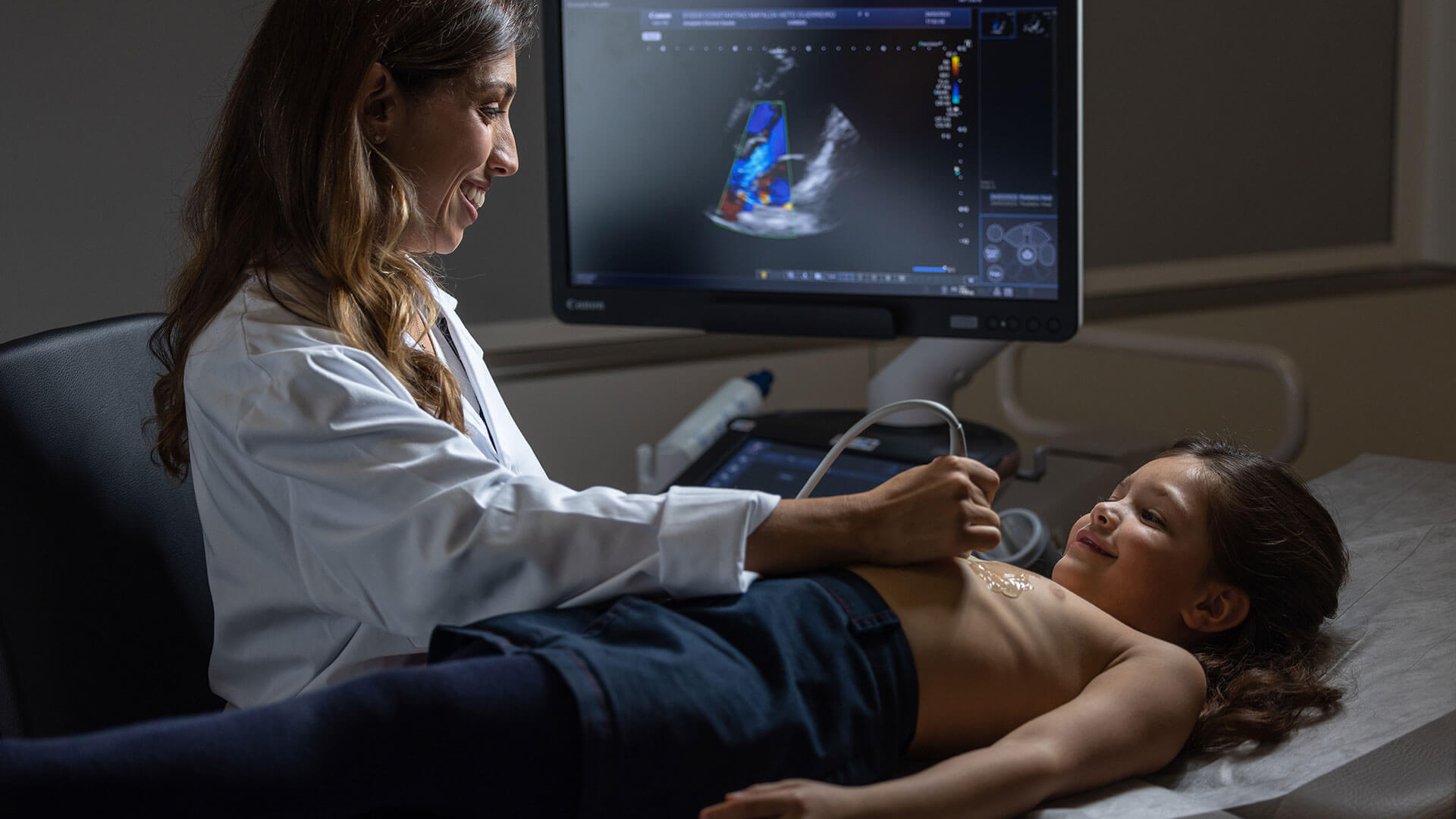According to data by the World Health Organization, cardiovascular diseases are the leading cause of death all over the world, accounting for approximately 32% of all deaths. This is one of the most important exams to assess cardiac health and it is especially useful to detect heart rhythm disorders that cannot be detected by conventional electrocardiograms. Find out how this test is performed, when it is indicated and the precautions to take.
Holter Electrocardiogram: What is it?
The Holter electrocardiogram (ECG) is a cardiological test in which the patient wears a small mobile device that continuously records the heart's electrical activity, while the person carries out their regular activities, during normal working hours and also while sleeping. Usually, the Holter ECG makes this record for 24 (or sometimes 48) hours, but in some cases it may be necessary to obtain a longer register (7 or 14 days), in situations when a similar test commonly known as an “event recorder” is prescribed.
This exam is similar to an electrocardiogram but with a longer duration. In other words, instead of recording for a few seconds, the heart's electrical activity is recorded continuously for extended periods, in order to detect intermittent rhythm or electrical conduction problems that may not be spotted in a routine electrocardiogram.
By monitoring the cardiac behaviour of the examinee during a normal day, the Holter ECG is essential to diagnose silent disorders that would otherwise go unnoticed.
What are the indications for carrying out a Holter electrocardiogram?
The Holter ECG monitor test can be prescribed by a physician in the event of any of the following signs and symptoms:
• Palpitations or arrythmia;
• Chest pain;
• Frequent dizziness or fainting;
• Extreme fatigue or tiredness for no apparent reason;
• Shortness of breath;
• Irregularities in routine electrocardiogram (for a more complete assessment).
Furthermore, the Holter ECG can also be indicated to monitor the evolution of a previously diagnosed heart condition. In this case, it is essential to evaluate the response to established treatments and, if necessary, adjust the therapy.
How is a Holter monitor test performed?
To carry out a Holter ECG, small electrodes are attached to the patient’s chest, which will detect and record the heart’s electrical signals. The procedure is completely painless and non-invasive. In the case of men, it may be necessary to remove a small amount of chest hair to ensure that the electrodes adhere properly. The technologist will teach the patient how to reattach the electrodes if they dislodge.
Next, the electrodes are connected to a small recorder (usually smaller than a mobile phone), which will be carried on the person, in a pouch attached to the waist or hung around the neck, during the recording period. After receiving all instructions, examinees can leave the clinic and perform their regular activities. They must not switch off the device at any time and must wear it always, even when sleeping.
Throughout the period defined for the Holter ECG, patients must log all of their activities (such as exercise, meal times, sleep and wake-up times) and symptoms (like dizziness, fainting, chest pains, palpitations, among others), for the physician to compare these events with the data obtained in the test. At the end, the patient returns the device and the diary for the physician to analyse the information collected.
What preparation is necessary for the Holter monitor test?
No preparation is necessary before carrying out a Holter ECG. Examinees can eat and drink normally and take their usual medication, unless the physician expressly instructs otherwise.
Before performing the test, patients are advised not to apply creams, lotions or moisturizers in the chest area to ensure the electrodes adhere properly. Furthermore, they must not wet or remove the device. Examinees should bathe before initiating the Holter ECG monitor test, and should only bathe again after the recording period is concluded.
What precautions should be taken when performing a Holter monitor test?
The Holter ECG is an extremely safe test that does not present any significant risk to the examinee. Some discomfort or slight skin irritation may occur where the adhesive patches are attached, but this disappears naturally. However, if an examinee knows they are sensitive to adhesives, they should inform the technologist attaching the equipment, in order to provide special hypoallergenic patches.
Holter electrocardiogram at Joaquim Chaves Saúde
The Joaquim Chaves Saúde medical clinics are equipped with state-of-the-art diagnostic resources to help define the most appropriate therapy for each case. We are ready to provide your Holter electrocardiogram, applying the most advanced protocols to get you the results you need, in maximum comfort and safety. Schedule your test now.







